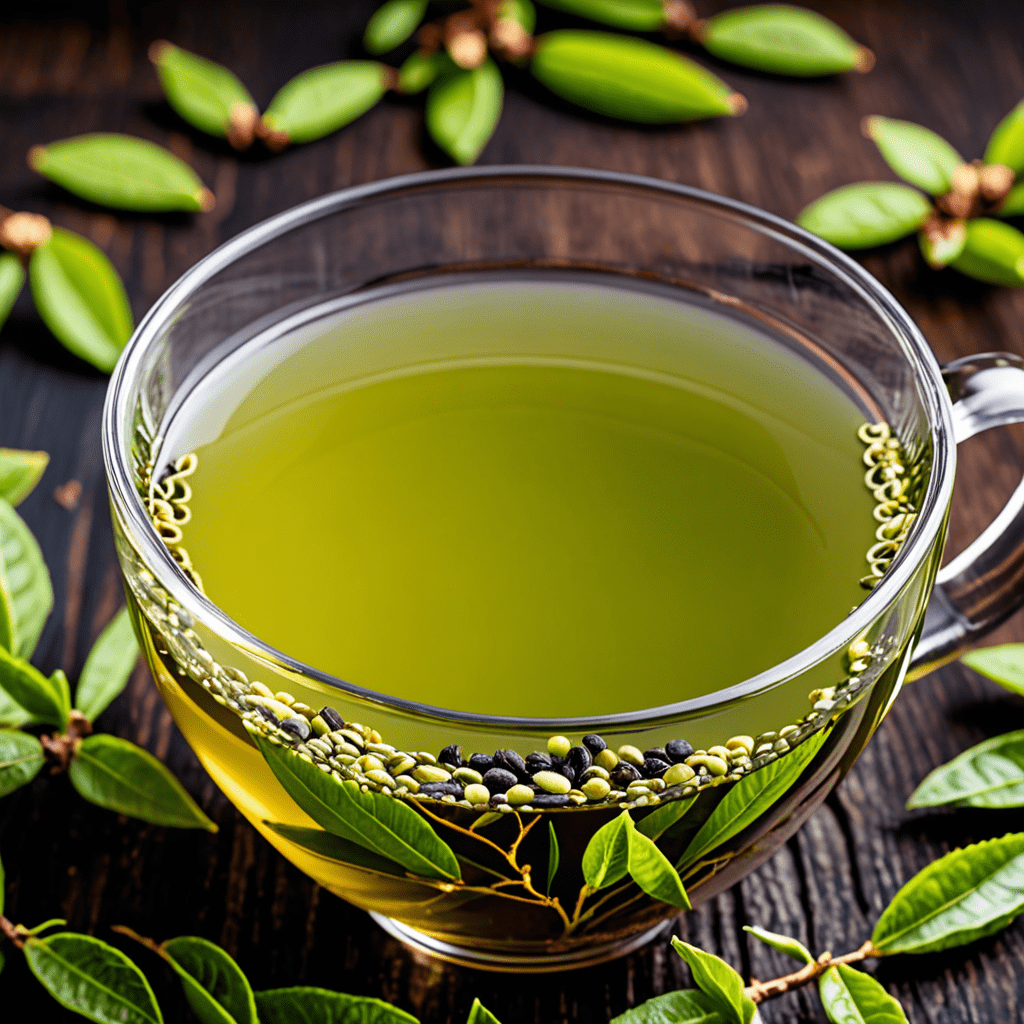Uncovering the Acidity Levels of Black Tea: A Comprehensive Guide
1. Understanding Acidity in Tea
Tea is a widely consumed beverage known for its refreshing taste and health benefits. When it comes to acidity, black tea falls on the low end of the pH scale. However, it is important to understand the factors that contribute to the acidity levels in black tea.
2. pH Scale and Acidity
The acidity of a substance is measured on a pH scale, ranging from 0 to 14. A pH of 7 is considered neutral, while values below 7 indicate acidity and values above 7 indicate alkalinity. Black tea typically has a pH ranging from 4 to 6, making it slightly acidic.
3. Role of Tannins in Black Tea
One of the main contributors to the acidity in black tea is the presence of tannins. Tannins are naturally occurring compounds found in tea leaves that give black tea its characteristic bold flavor and dark color. While tannins add bitterness to the taste of black tea, they also contribute to its slight acidity.
4. Variations in Acidity Levels
It’s important to note that acidity levels can vary based on various factors, including the type of black tea, brewing method, and duration of steeping. Some black teas may have higher acidity levels compared to others, depending on how they are processed and the specific tea leaves used.
5. Health Implications of Acidity
For most people, the acidity levels in black tea have no significant health implications. However, individuals with certain medical conditions, such as acid reflux or GERD, may experience discomfort or symptoms worsened by acidic foods or beverages. It’s always advisable to consult with a healthcare professional for personalized dietary advice.
6. Balancing Acidity in Black Tea
If you prefer a milder taste or have sensitivity to acidic foods, there are ways to balance the acidity levels in your black tea. Adding a splash of milk or a squeeze of lemon can help neutralize the acidity, resulting in a smoother and more balanced flavor. Experimenting with different brewing techniques and steeping times can also help find the right balance for your taste buds.
7. Frequently Asked Questions (FAQ)
Q: Can black tea be more acidic if brewed for a longer time?
A: Yes, over-steeping black tea can increase its acidity. It’s best to follow the recommended brewing time to avoid excessive acidity.
Q: Is black tea more acidic than coffee?
A: Generally, black tea has lower acidity levels compared to coffee, which is known for its higher acid content.
Q: Can I drink black tea if I have acid reflux?
A: It’s advisable to consult with a healthcare professional as individual reactions to black tea may vary, especially for those with pre-existing conditions like acid reflux.
Q: Does adding sugar affect the acidity of black tea?
A: No, adding sugar does not significantly impact the acidity of black tea.
Q: Are there any health benefits associated with consuming black tea?
A: Yes, black tea is rich in antioxidants and may offer various health benefits, including improved heart health and increased mental alertness.


